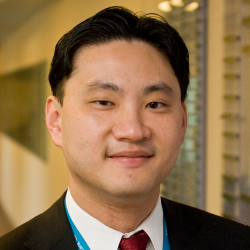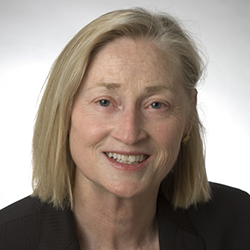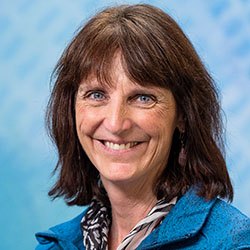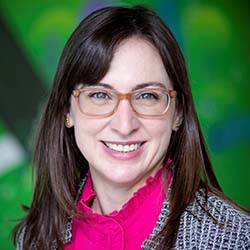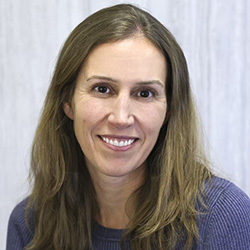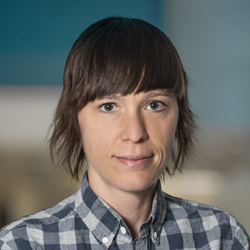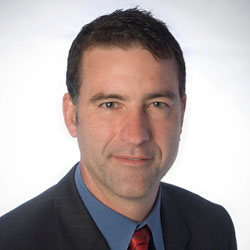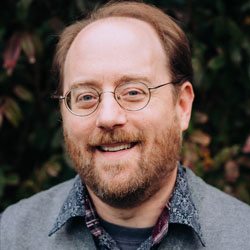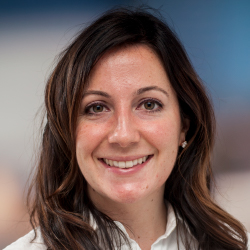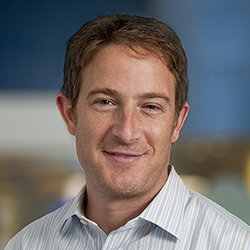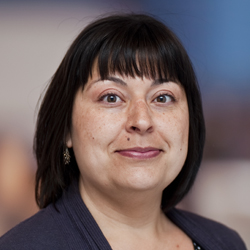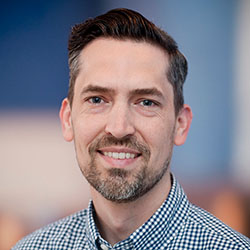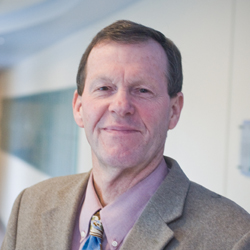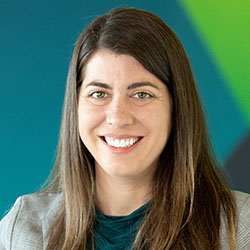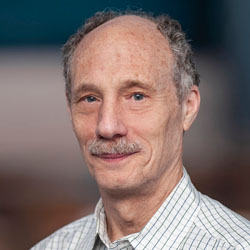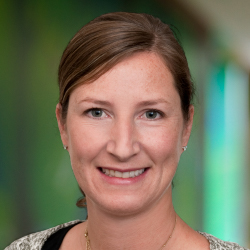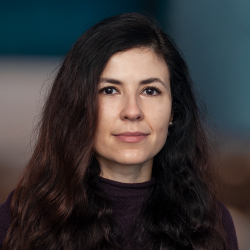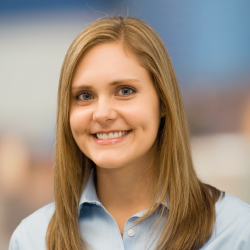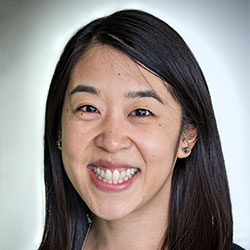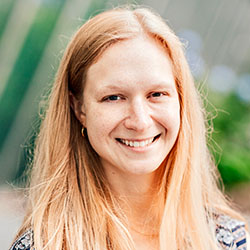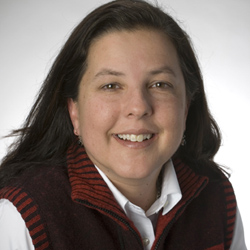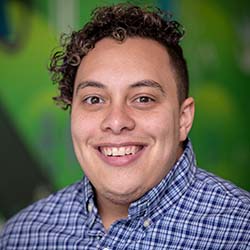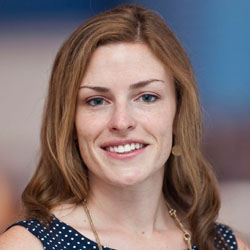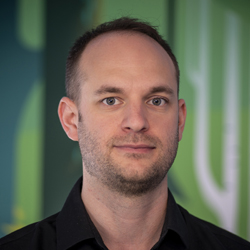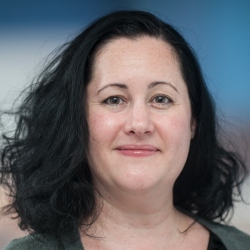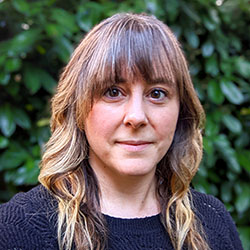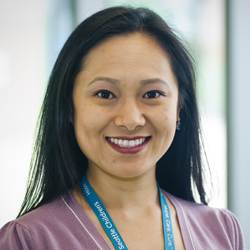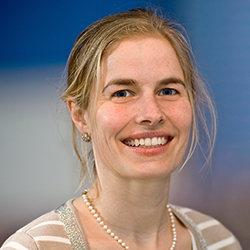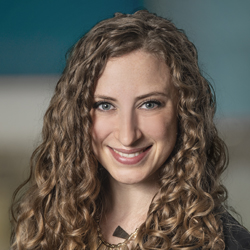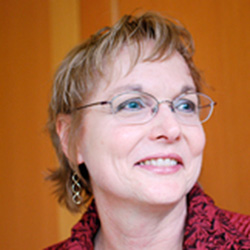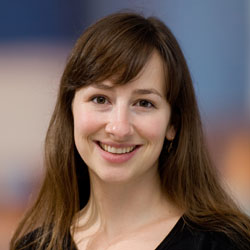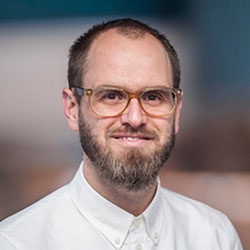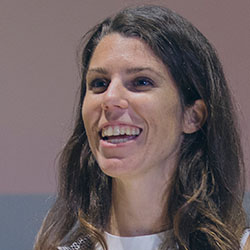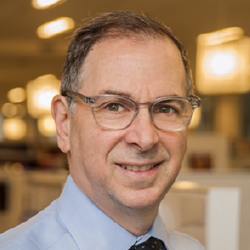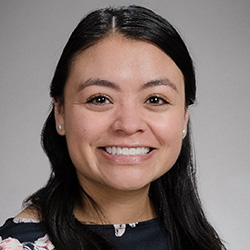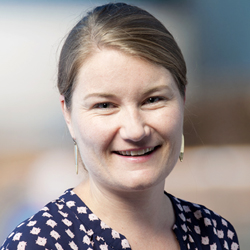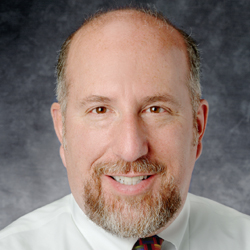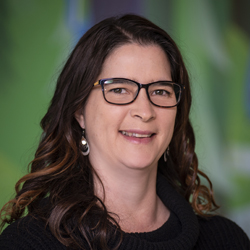Meet Your Team
Leadership
-
Senior Medical Director, Mental and Behavioral Health Services; Interim Director, Child and Adolescent Psychiatry and Behavioral Medicine
-
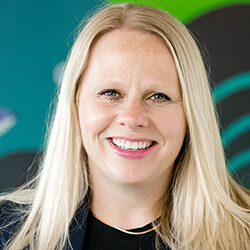
Laura Knapp, MSW, LICSW
Vice President, Mental and Behavioral Health Services
-
Elizabeth A McCauley, PhD, ABPP
Associate Director, Child and Adolescent Psychiatry and Behavioral Medicine
-
Medical Director, Ambulatory Services, Seattle Children’s Autism Center and Outpatient Psychiatry
-
Shannon Wagner Simmons, MD, MPH
Medical Director, Inpatient and Acute Mental Health Services
Teams
Psychiatry
Psychiatrists are medical doctors who diagnose and treat mental health issues that affect a child’s thoughts, emotions, or behavior. The doctor may provide medicine evaluations, prescribe medicine, and can help a child talk through problems (psychotherapy). Psychiatric nurse practitioners are registered nurses with advanced training and education in psychiatry. They work independently and with doctors to diagnose, treat and teach patients and families about mental health issues that affect a child’s thoughts, emotions, or behavior. Nurse practitioners are also called advanced registered nurse practitioners (ARNPs).
-
Katherine Ann Glass, MD
-
Alissa Deus Hemke, MD
Psychology
Psychologists are health professionals who diagnose and treat mental health issues that affect a child’s thoughts, emotions, or behavior. Psychologists treat children with evidence-based talking and behavioral therapy. A psychologist has a doctoral degree (PhD or PsyD) in the study of the mind and behavior (psychology) rather than in the study of medicine. For this reason, they do not prescribe medicine.
-
Christopher Scott Poitevien, PhD
-
Zhiqing Zhou, PhD
Mental health therapists
A mental health professional with a master’s degree who diagnoses and treats mental health issues that affect a child’s thoughts, emotions, or behavior. There are several types of licensed master’s-level therapists in Washington, including licensed marriage and family therapist (LMFT), licensed independent social worker (LISW) and licensed mental health counselor (LMHC). They all provide diagnostic evaluation and therapy.
-
Christopher Joshua Bogosian, LMFT, MA
-
Marta Leticia Mejia Buell, LMHC
Specialized Teams
- Alyssa Burnett Adult Life Center
- Autism Center
- Odessa Brown Community Clinic
- Psychiatry and Behavioral Medicine Unit
- Psychiatry and Psychology Fellowships
- Neuropsychology
Other Types of Providers You May See
Mental Health Therapist Associate
An associate is a pre-licensure candidate with a graduate degree in a mental health field, who is gaining the professional experience necessary to become a licensed independent clinical social worker, licensed advanced social worker, licensed mental health counselor or licensed marriage and family therapist.
Psychiatry fellow
A medical doctor who has finished adult psychiatry residency and now is training in the specialty of child and adolescent psychiatry. An attending psychiatrist directs a child’s care and supervises psychiatry fellows for all clinical work.
Psychiatry resident
A medical doctor who is training in the specialty of psychiatry. An attending psychiatrist directs a child’s care and supervises psychiatry residents for all clinical work.
Psychology postdoctoral fellow
A mental health professional who has earned a PhD or PsyD degree (doctorate) in psychology, has finished an internship and now is completing advanced training. A licensed psychologist supervises psychology postdoctoral fellows for all clinical work.
Psychology resident
A doctoral-level psychology graduate student who is completing a residency – one of the requirements to graduate and become a licensed psychologist. A licensed psychologist supervises psychology residents for all clinical work.
In crisis?
If you, your child, family or friend needs help right away, call, chat or text 988. The free and confidential 988 Suicide & Crisis Lifeline is available 24 hours a day, 7 days a week in the United States to provide support for people in distress, as well as prevention and crisis resources. The Lifeline is available 24 hours a day, 7 days a week in the United States.
Seattle Children’s Psychiatric Urgent Care offers in-person and video visits for same-day mental health support for children and teens ages 4 through 17 who may not need the services of an emergency department.
Hotlines for Youth (PDF) provides other options for immediate help for children and teens. (Also available in Amharic, Arabic, Russian, Simplified Chinese, Somali, Spanish, Ukrainian and Vietnamese.)
